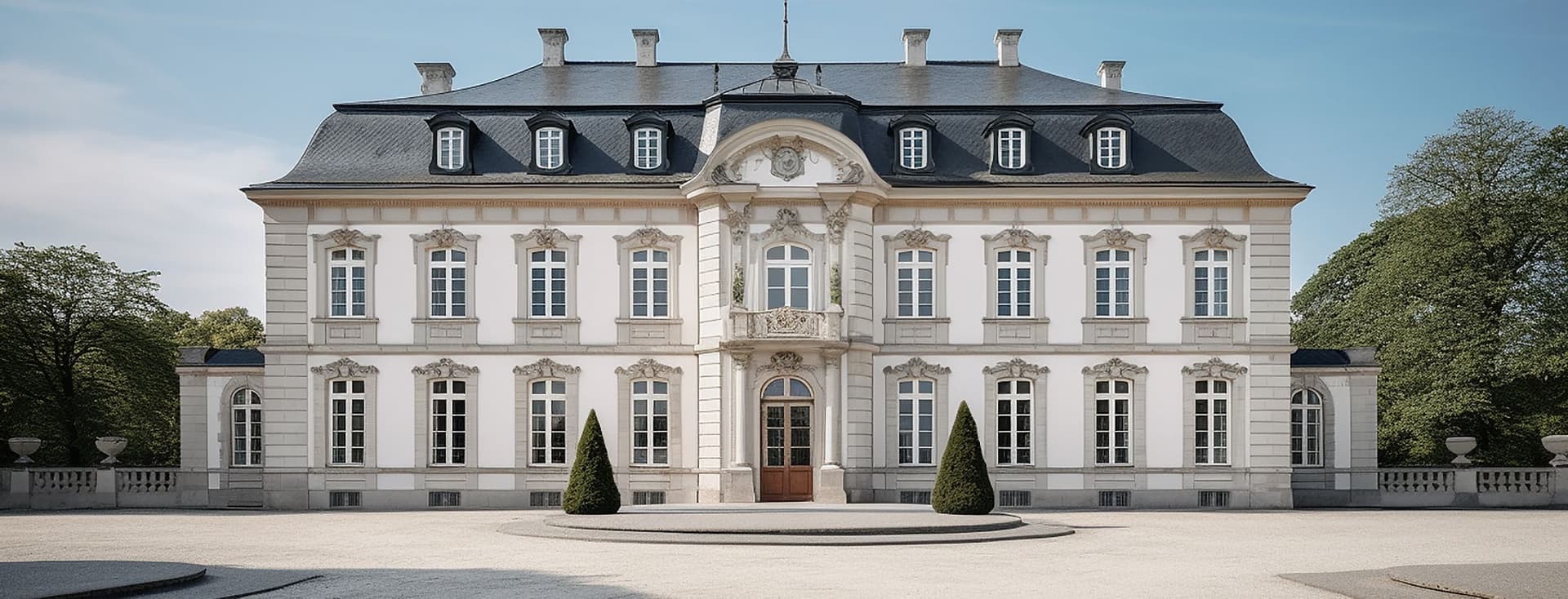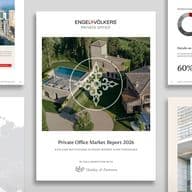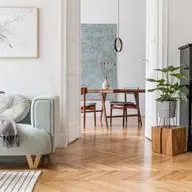
- 3 min read
Is buying a castle in France a good investment?

France is a country with a unique architectural heritage as it features more than 40,000 castles across its entire territory. In fact, many people cherish the dream of owning one of them and live the fantasy lord life. However, even if the acquisition of such a property is no longer exclusively confined to the wealthiest, it is appropriate to ask the right questions before going for this kind of project that is anything but trivial.
Is acquiring a castle in France a realistic project for all types of budgets?
One of the first aspects that the potential buyer of a castle will examine attentively is of course the acquisition price. From this point of view, the market is currently more profitable for buyers. Since the 2008 real estate crisis, the agencies estimate that prices have fallen by about 30% in this specific market. In fact, an increasing number of castles are on sale and potential buyers are therefore in a strong position. In summary, the current situation is generally favourable to this type of real estate transaction.
In regards to the acquisition price, it can vary from 500,000 € to more than 1.5M €, depending on the property. Indeed, many different factors come into play, which can make the value of a castle fluctuate significantly. For example, the overall condition of the property that might involve renovation work, will have to be taken into consideration at the time of purchase. Similarly, the location is also a major aspect largely considered by future buyers. Finding a property in the Paris greater area or near the coastlines will definitely be a major achievement, while regions such as Poitou-Charentes or Auvergne will be more accessible.
Setting up a financial model for the management of a castle is essential
It goes without saying that owning a castle generates considerable charges. The living spaces are often bigger than 400 square meters, the maintenance expenses can quickly skyrocket. Whether it is plumbing, roofing, sanitation, overall layout of rooms and floors, upkeep of the garden and driveways, maintenance costs are estimated to be between 1 to 1.5% of the purchase price per year. These considerations should not be neglected for those who wish to own a castle. Another aspect is the time that needs to be dedicated to work on such a project.
In order to finance these expenses, many homeowners try to generate income from their property. For example, this can be done by the organisation of paid visits, of events such as weddings or other celebrations, or the development of guest rooms. Often, the additional cash flow makes it possible to compensate all or part of the maintenance costs, which can represent between 30,000 € and 1M € per year according to the type of castle. The owner will have to be proactive so that their property does not become too big of a burden.
Owning a castle in France gives the right to a tax aid scheme
In order to promote the maintenance and enhancement of its architectural heritage, the French Government has put in place various schemes and tax benefits that help castle owners. First, the so-called ‘Malraux’ law grants the taxpayer a tax reduction for all restoration work undertaken on the building. If the building is located in a protected area, its owner can deduct 30% of the cost of the work, up to a limit of 100,000 euros per year. For castles located in the ‘Protection du Patrimoine Architectural Urbain ou Paysager’ (ZPPAUP), the tax reduction increases to 22%.
Similarly, homeowners who choose to have their property classified as Historical Building or, alternatively, on the Inventaire Supplémentaire des Monuments Historiques (ISMH) are offered a number of important benefits, such as a set of public subsidies, a possible deduction of land charges relating to the property, an inheritance exemption or tax gifts in the event that the buyer of the castle is not part of the family of the owner. It can therefore be a welcome relief when trying to lighten the load of expenses related to the maintenance of a castle.
So, is buying a castle in France a good investment?
In the end, buying an exceptional property such as a castle should not be perceived as a long-term investment. Indeed, it is very rarely a profitable operation overtime. Rather, it represents an impulse purchase, motivated by the passion of a potential buyer for the old stone walls and the historical heritage of France.
You may also be interested in
 Market report 2026: trends, prices, and outlook in France
Market report 2026: trends, prices, and outlook in France Engel & Völkers renforce sa présence dans l’immobilier de luxe à Nice
Engel & Völkers renforce sa présence dans l’immobilier de luxe à Nice Private Office Market Report 2026
Private Office Market Report 2026- 2 min.
- 03.12.2025
 Paris Olympics 2024
Paris Olympics 2024&w=1920&q=75) Reasons to hire a real estate agent
Reasons to hire a real estate agent France premium prestige real estate advisory
France premium prestige real estate advisory Short-term event hire Paris: Tennis, Rugby World Cup, Olympic Games and Paralym
Short-term event hire Paris: Tennis, Rugby World Cup, Olympic Games and Paralym Renting? 7 things you can negotiate with your landlord
Renting? 7 things you can negotiate with your landlord
Contact
Contact your personal advisor


Engel & Völkers France
170 Rue du Faubourg Saint-Honoré
75008 Paris
Tel: +33145643030